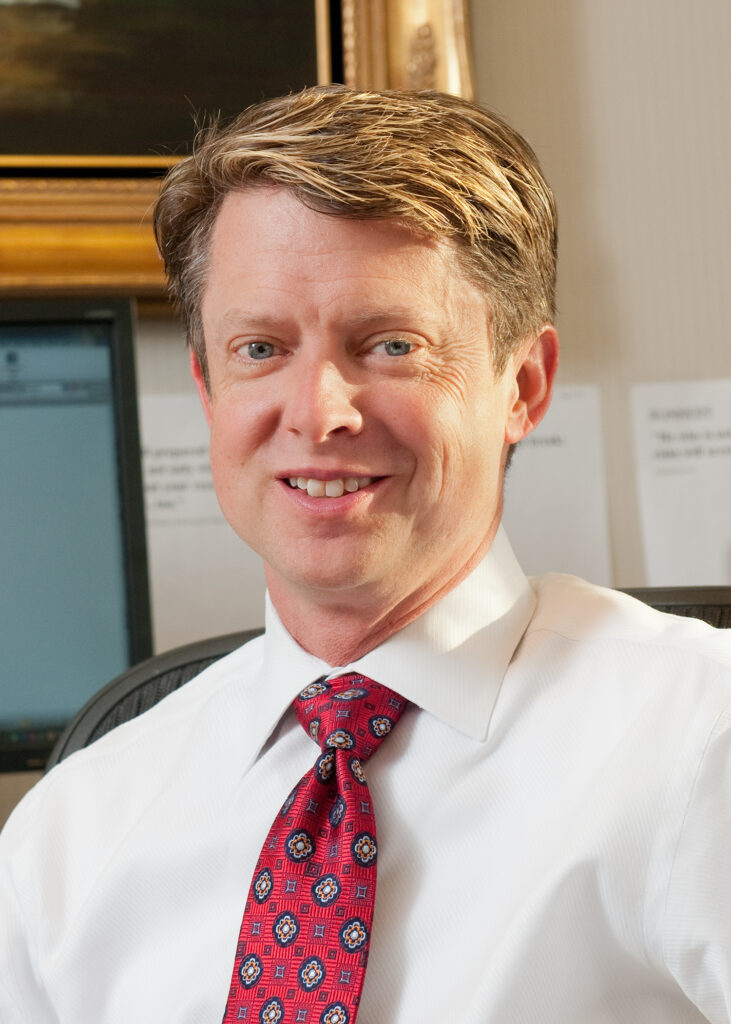Legislation included in the huge omnibus spending bill approved by Congress in the waning days of 2022 will require employers to reevaluate and revise the 401(k) and 403(b) retirement plans they sponsor. Now officially known as the SECURE Act 2.0 of 2022, the legislation combines provisions of three separate bills that enjoyed bipartisan support throughout 2022. However, much like its predecessor, the Setting Every Community Up for Retirement Enhancement (SECURE) Act passed in late 2019, SECURE 2.0’s fate was not known until it was included in must-pass legislation at year’s end.
SECURE 2.0 is broadly designed to enhance access to retirement savings vehicles and make it easier for individuals to save. It includes:
- New rules allowing employers to make matching contributions when employees pay down their student loans;
- Tax credits for new plans and low-income savers;
- Mandatory automatic enrollment and auto-escalation for new 401(k) and 403(b) plans;
- Higher catch-up contribution limits for participants over age 60 (beginning in 2025);
- A gradual increase in the age at which required minimum distributions must begin, from 72 to 75;
- Access to collective investment trusts and multiple employer plans (MEPs) and pooled employer plans (PEPs) for 403(b) plan sponsors; and
- Accelerated participation rights for part-time employees.
The ability to tie matching contributions to student loan payments will be especially attractive to many employers, especially those in service sectors like health care, engineering, and architecture, whose employees often have substantial student debt. Beginning in 2024, employers may match student loan payments their employees make with tax-favored contributions to 401(k) and similar plans. Further guidance from the regulatory agencies will be necessary to determine how those payments and contributions will be coordinated.
Over the coming weeks, employers will need to learn about the new rules and decide which optional changes to implement.
This blog was drafted by Greg Ash, an attorney in the Spencer Fane Overland Park, Kansas office. For more information, visit www.spencerfane.com.
